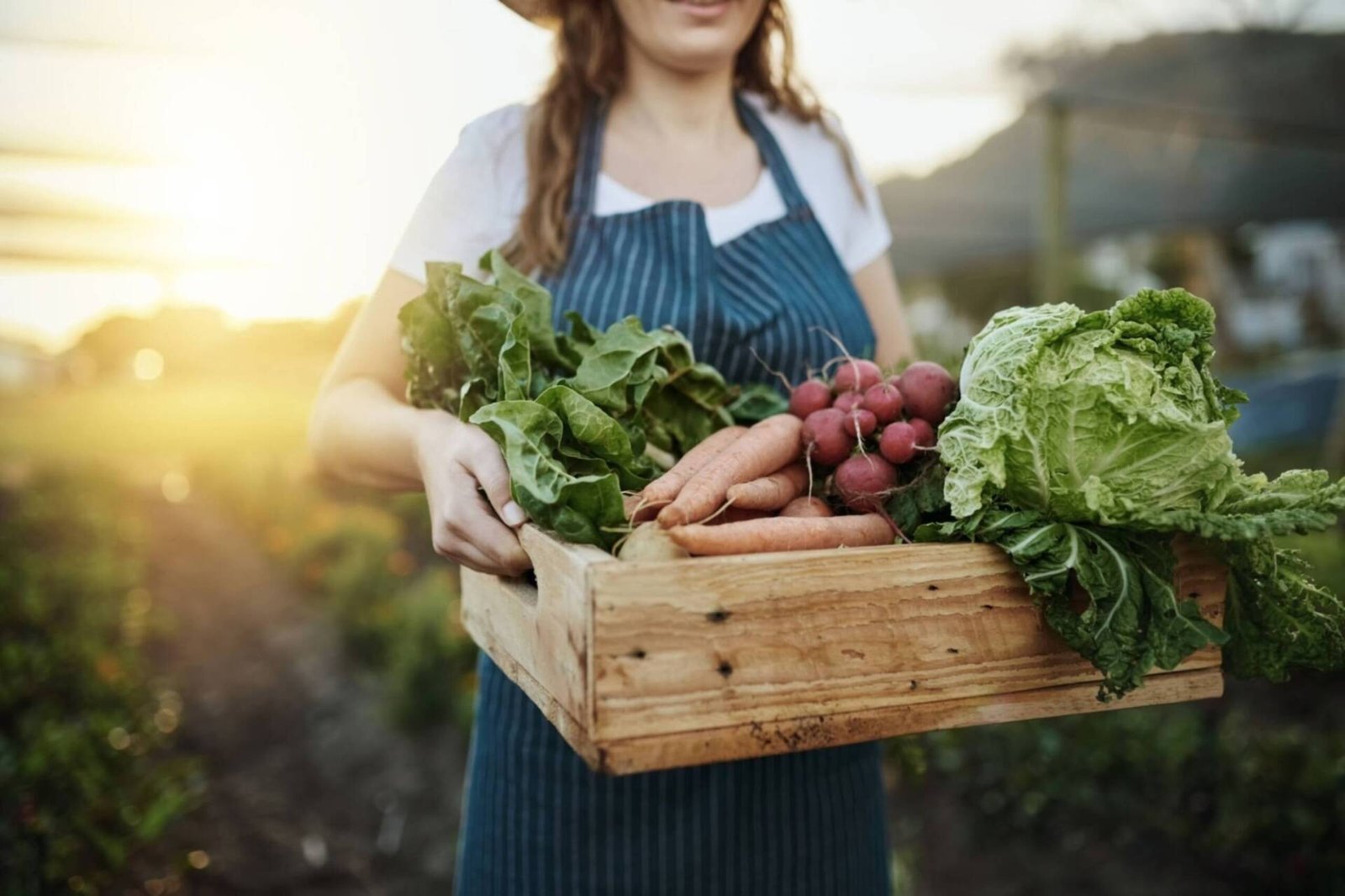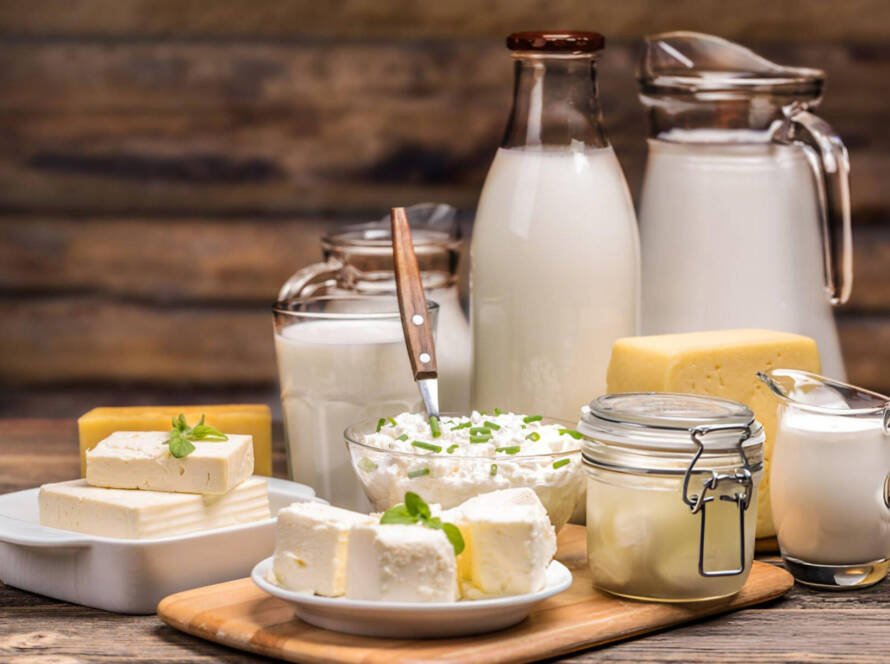Ever heard the saying: “You are what you eat”? 🍎🥦 It’s a powerful reminder of the significance of nourishing your body with a wholesome, balanced diet filled with nutritious fruits and veggies.
Table of Contents
While this is undoubtedly important, there is another area that needs to be addressed: where your food is coming from. In recent years, there has been a movement towards homegrown and locally sourced food. This offers significant benefits for both your overall health and the planet.
Curious and skeptical? What can homegrown food do for you? Dive in to uncover a world of incredible advantages and benefits!
1. Introduction to the Benefits of Homegrown Food.
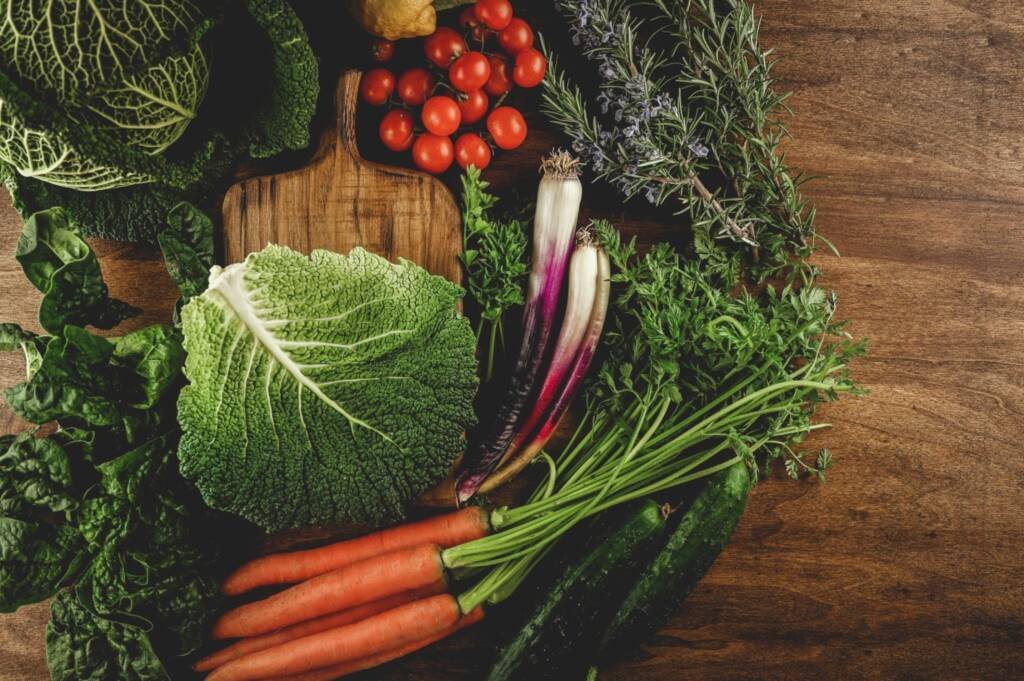
Homegrown food is not just a trend but a lifestyle choice that can significantly enhance your health and well-being. The benefits of this practice transcend the physical advantages, positively impacting your mental health, the environment, and your wallet.
Not only does gardening offer a soul-nurturing experience that brings you closer to nature, but the food you grow is also free from harmful pesticides and preservatives often found in commercially produced food. Let’s explore these advantages in more detail in the following sections.
No Pesticides or Additives.

When you grow your food, you have complete control over what goes into it, unlike store-bought produce, where the same cannot be guaranteed. By growing your own, you can enjoy knowing that your food is free from any unwanted pesticides, additives, or preservatives.
You control everything when you grow your own food – even the fertilizer.
Discover New Things.
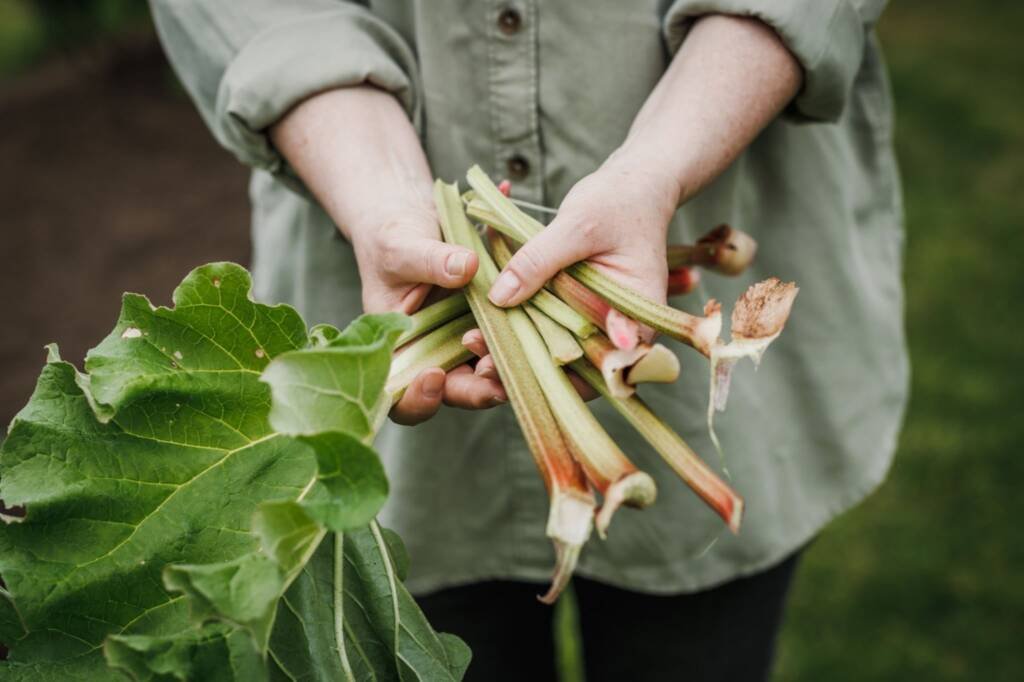
Starting your own vegetable patch or garden opens the door to a world of endless possibilities. You’ll have the freedom to unleash your creativity, experiment, and embark on exciting new adventures.
Seeds are the affordable way to go when it comes to veggies, store-bought or not! Not only do they save you money, but they also open up a world of new possibilities to try something fresh and exciting. Give it a shot!
If you need more certainty about a new product, why not give it a try by planting a few in a pot? See how they grow and discover if they bring you joy!
Enjoy Fresh Food.
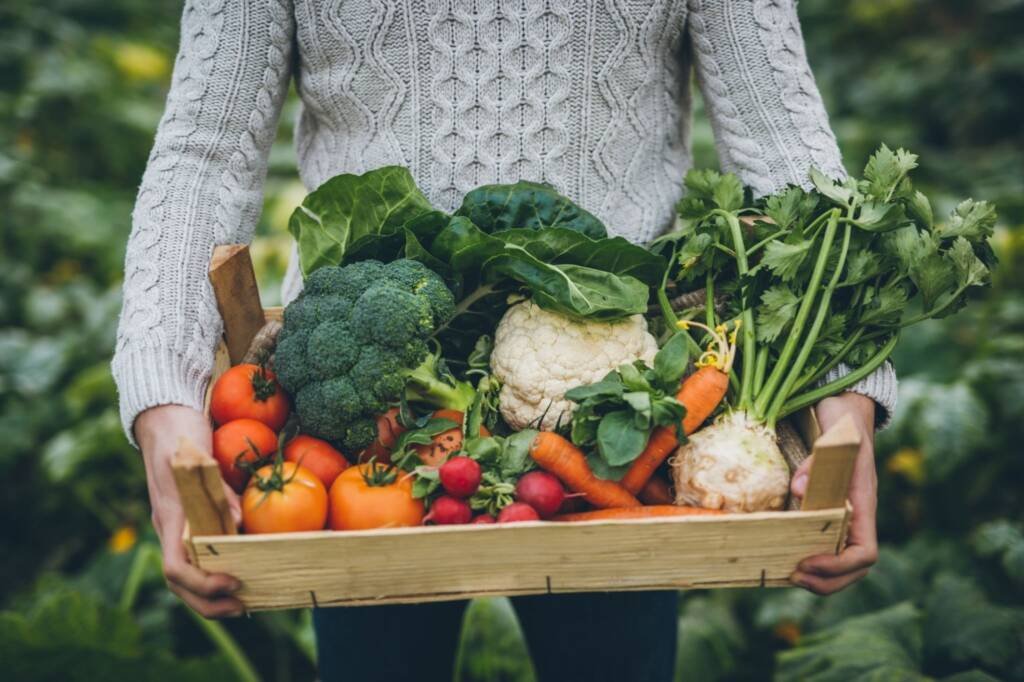
One of the biggest challenges with commercial products is the uncertainty surrounding their freshness. Despite their outward appearance, they could have been sitting on store shelves for hours, or even days, before reaching your hands.
When you harvest produce from your garden, you can enjoy the freshest flavors nature offers. Not only does this benefit your health, but it also adds a delightful touch of homegrown goodness to your meals.
It is a good idea to place markers with the dates that you planted the different seeds. This will ensure that you harvest the oldest stock first and reduce waste.
No Carbon Footprint.
Growing your own food may have a small impact, but it brings a remarkable benefit: eliminating the need for transportation. Imagine stepping out into your garden and harvesting the freshest produce right at your doorstep. It’s a rewarding and satisfying experience connecting you to the earth and your sustenance.
Reducing the need for heavy trucks on the road, planes in the sky, and cargo ships in the oceans is a game-changer that seriously slashes your carbon footprint. Get ready to make a real difference!
This may seem like a minimal benefit but imagine if a million people did the same thing. Growing your own food is the first step toward creating a better, healthier planet for your children.
As a bonus, you also cut down on packaging when you grow your own food.
2. Impact of Homegrown Food on Physical Health.
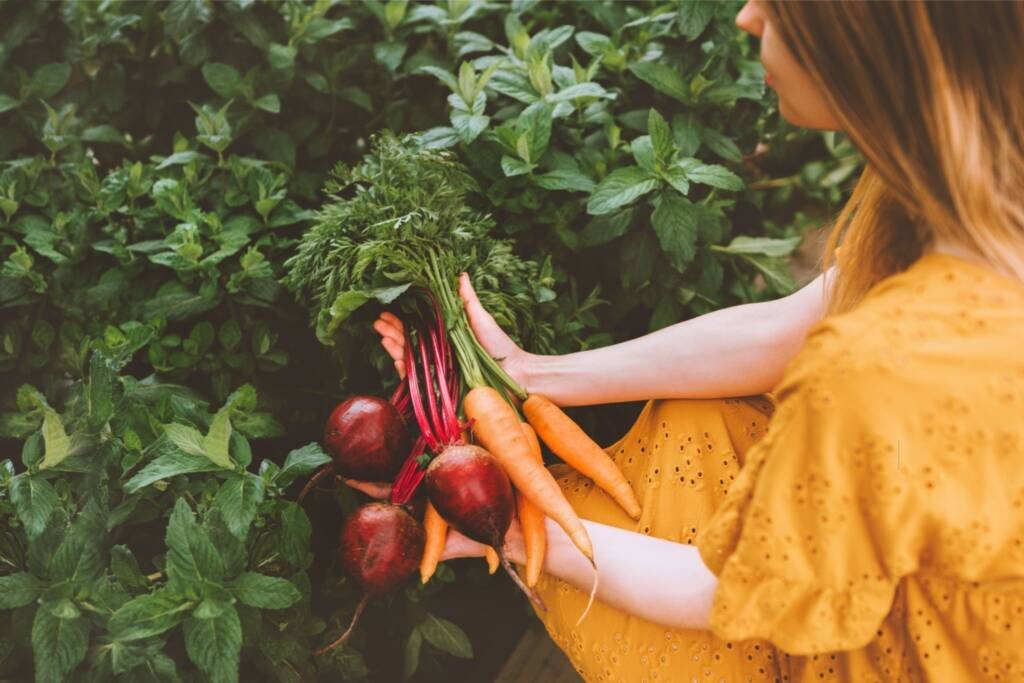
The Role of Nutrient-Rich Food in Boosting Immunity.
A well-balanced diet rich in nutrients plays a pivotal role in boosting the body’s immunity. Consuming homegrown food ensures that fresh fruits and vegetables are at their peak nutritional value, which can significantly enhance your body’s natural defenses. Elements like Vitamins A, C, and E, along with minerals like Zinc and Selenium, and high-fiber foods are all essential for a healthy immune system. These nutrients aid in producing white blood cells and antibodies, which are critical for fighting off infections and diseases.
Not only do they bolster your immunity, but they also improve your overall health and well-being. Thus, choosing homegrown food contributes to a strengthened immune system, paving the way for a healthier life.
Maintaining a Healthy Body Weight with Homegrown Food.

A consistent intake of homegrown food can play a significant role in maintaining a healthy body weight. One of the key factors associated with weight gain is consuming processed, high-calorie foods. By cultivating your own fruits and vegetables, you’re ensuring a regular supply of nutrient-rich, low-calorie foods and reducing your dependence on store-bought, processed items.
Freshly harvested fruits and vegetables are high in fiber, which aids in digestion and provides a sense of satiety, helping to control overeating. Furthermore, the physical activity involved in gardening is a form of exercise, contributing to calories burnt. Thus, homegrown food promotes a healthier and more balanced diet, which is essential for weight management.
3. Impact of Homegrown Food on Mental Health.

Gardening is gaining recognition as a form of therapeutic intervention, often referred to as ‘horticultural therapy.’ It offers a unique blend of physical activity, connection with nature, and a nurturing sense of purpose. Planting, tending, and harvesting your own food can be deeply soothing and rewarding, providing a sense of accomplishment beyond the produce harvested.
From a mental health perspective, gardening can help reduce symptoms of anxiety and depression, as the repetitive tasks involved, such as weeding or watering, can have a calming effect akin to meditation. The physical aspect of gardening also aids in producing endorphins, the body’s natural mood-enhancing chemicals. Thus, the therapeutic effect of gardening can significantly contribute to better mental health and overall well-being.
The Positive Impact of Healthy Food on Mental Well-being.
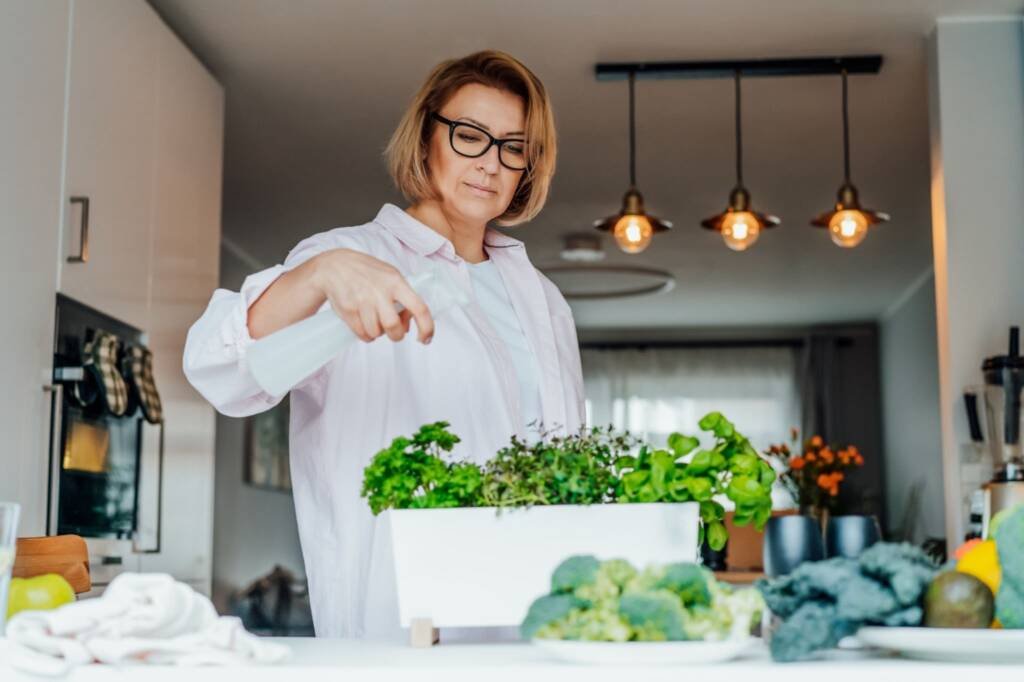
A diet enriched with fresh, homegrown fruits and vegetables can profoundly influence mental well-being. Vitamins, minerals, and antioxidants found in these foods play an essential role in producing neurotransmitters, the brain chemicals that regulate mood. Folate and B12, for example, are instrumental in synthesizing serotonin, a neurotransmitter that fosters a sense of well-being and happiness. Omega-3 fatty acids, found in abundance in certain types of homegrown produce, are key elements for brain health, impacting mood and cognitive function.
Moreover, the physical act of harvesting and preparing your own food can cultivate a positive mindset, fostering a sense of accomplishment, self-efficacy, and connection to nature.
Therefore, the benefits of consuming homegrown food extend far beyond physical health, promoting mental wellness and creating a sustainable path to overall holistic health.
4. Environmental Benefits of Homegrown Food.

Reduction of Carbon Footprint
Growing your own food significantly reduces the carbon footprint associated with food production and distribution. This is due to the elimination of long-distance transportation, often from different continents, which involves heavy energy consumption and contributes to greenhouse gas emissions.
Home gardening also negates the need for industrial farming methods, which emit large amounts of CO2. Furthermore, plants themselves act as natural carbon sinks, absorbing CO2 from the atmosphere. By growing your own food, you contribute to a more sustainable food system that is less dependent on fossil fuels, reducing your environmental impact and helping to combat climate change.
Conservation of Biodiversity in the Garden
Home gardens can serve as critical habitats for numerous species, thus vital to biodiversity conservation. Cultivating various plants can attract a diverse array of insects, birds, and other wildlife, creating a beneficial ecosystem in your backyard. Pollinators such as bees and butterflies are particularly attracted to gardens with a mix of flowering plants, and their presence, in turn, helps in the pollination of your fruits and vegetables.
Encouraging biodiversity in your garden not only contributes to local ecosystems but also enriches the soil, aids in pest control, and enhances the aesthetic appeal of your garden. Therefore, home gardening can be seen as a small yet significant step towards preserving the planet’s biodiversity.
5. How to Start Growing Your Own Food at Home?

When embarking on the home gardening journey, selecting the right plants suitable for your specific climate and space is vital. Local climate plays a significant role in determining what type of plants will thrive. For instance, some plants may require long hours of sunlight and warm temperatures, while others might flourish in cooler, shaded environments.
Researching the optimal growing conditions for each plant can help set your garden up for success. The size of your available space is also a crucial factor. Whether you have a spacious backyard, a small balcony, or even just a windowsill, plenty of plants can adapt to your specific situation. Choosing the right plants from compact herb pots to sprawling vegetable patches can maximize your yield and ensure a healthy, vibrant garden.
Here are some basic gardening tips for beginners:
- Start small: As a beginner, it’s always best to start small to avoid feeling overwhelmed. Choose a few simple plants initially and gradually expand your garden as your confidence and skills grow.
- Choose the right location: Most fruits and vegetables need 6-8 hours of sunlight daily. Observe your available space at different times of the day to find the sunniest spot.
- Prepare the soil: Healthy soil is essential for healthy plants. Enrich your soil with compost or other organic matter to improve its nutrient content.
- Choose the right plants: Select suitable plants for your climate and space. Local garden centers can provide advice on this.
- Water wisely: Avoid overwatering or underwatering. The amount of water needed depends on the plant and weather conditions.
- Regular maintenance: Regular weeding, pruning, and pest-control measures will keep your garden healthy and productive.
- Patience is key: Gardening is a process that requires patience. Don’t be disheartened if things don’t go perfectly at first. Learn from your mistakes and remember that every gardener is always learning, no matter how experienced.
Conclusion
In conclusion, the benefits of homegrown food are manifold and span from personal health to global sustainability. Cultivating your own food fosters a deeper connection with nature, instills a sense of accomplishment, and can serve as a therapeutic activity. Furthermore, the nutritional value of fresh, pesticide-free produce directly contributes to physical and mental wellness. On an environmental level, home gardening reduces our carbon footprint by eliminating the need for long-distance transportation and industrial farming methods. It aids biodiversity by providing habitats for various species.
Lastly, it empowers individuals towards a more sustainable lifestyle, fostering self-sustainability and resilience. Overall, cultivating homegrown food is a small yet significant step towards a healthier, sustainable future for both individuals and the planet.
It’s time to roll up your sleeves, step out into the sunshine, and start your own home garden. Remember, every great garden started with a single seed. No effort is too small to cultivate your own sustenance and contribute to a more sustainable planet. The contentment of watching a seed grow into a plant, the thrill of the first harvest, and the satisfaction of savoring a meal created from your own garden are experiences truly worth the effort. You are not just planting seeds in the soil; you are sowing the seeds of health, sustainability, and resilience. So, let’s get gardening!



